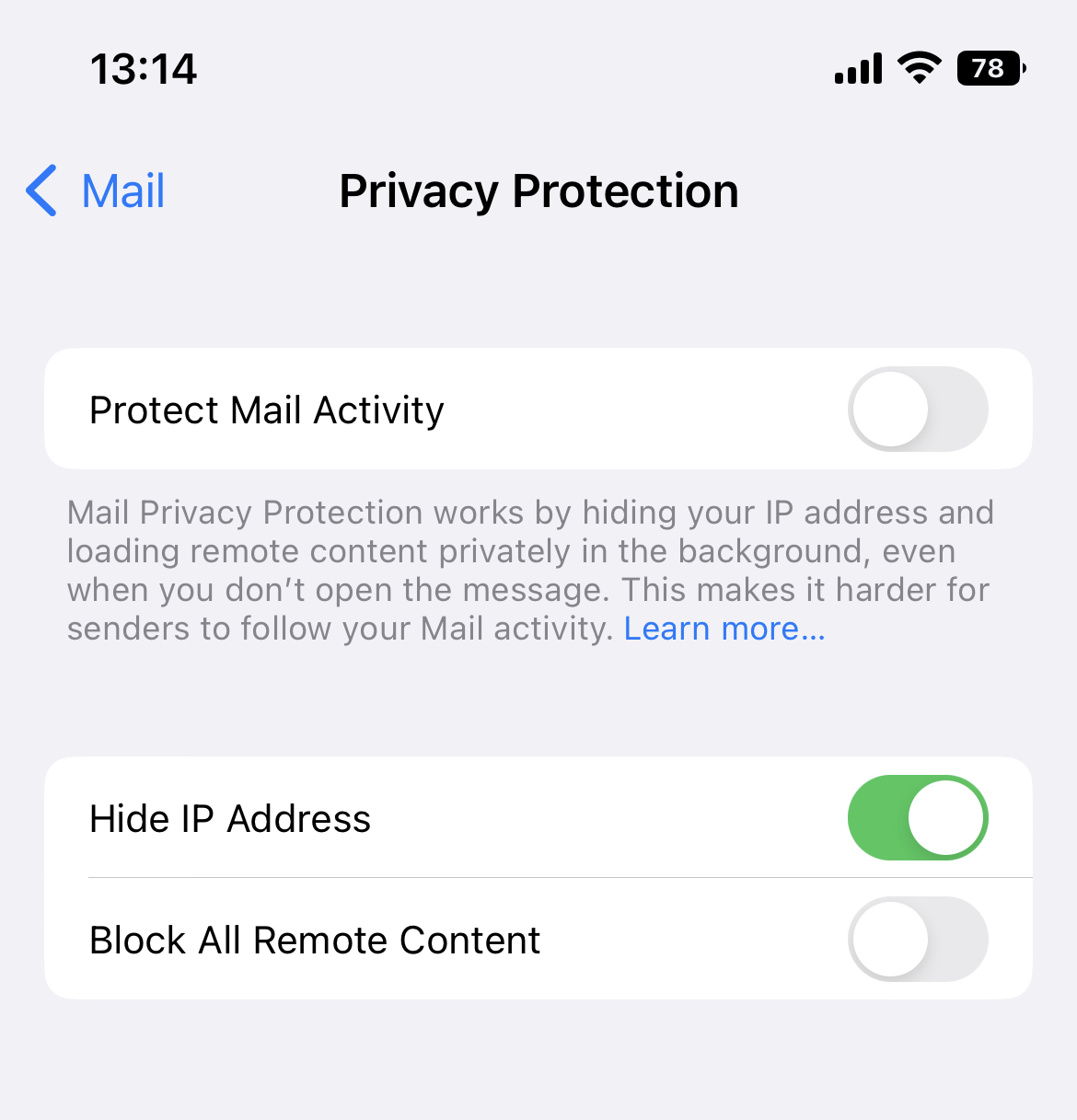With the rise of privacy concerns, technology companies have been working on ways to better protect users’ personal information. One of the recent updates that has caught the attention of marketers is Apple’s Mail Privacy Protection (MPP) feature.
Launched as part of iOS 15, iPadOS 15, and macOS Monterey, MPP aims to safeguard users’ privacy when they use the Apple Mail app. While this is certainly a win for user privacy, it presents new challenges for marketers.
In this blog post, we’ll discuss the implications of MPP on email marketing and explore strategies that marketers can use to adapt to these changes.
What is Mail Privacy Protection?
Mail Privacy Protection is a feature in the Apple Mail app that prevents email senders from collecting information about the user. It specifically targets techniques that marketers use to track users, such as invisible pixels or tracking pixels. These small images embedded in emails can be used to determine if and when an email has been opened, the user’s IP address, and even their location.

MPP works by routing email content through multiple proxy servers, effectively hiding users’ IP addresses and locations. Additionally, it automatically loads all remote content, including invisible pixels, when the email is received. This means that senders can no longer accurately track open rates and user engagement.
How does MPP affect marketers?
Inaccurate open rate data
One of the most significant impacts of MPP on email marketing is the loss of reliable open rate data. Since MPP automatically loads all remote content upon email receipt, open rates will be inflated, and marketers won’t be able to accurately measure the performance of their campaigns. This makes it more challenging to optimise email content, frequency, and timing based on user engagement.
Loss of location data

Another consequence of MPP is the loss of location data. This can be particularly problematic for businesses that rely on geolocation targeting for personalised content, offers, and event promotions. Without accurate location data, it becomes more difficult to deliver relevant and engaging content to your subscribers.
Limited IP address-based segmentation
MPP also hinders IP address-based segmentation, as it hides users’ actual IP addresses. This can impact the effectiveness of targeted campaigns and make it harder to identify and address potential deliverability issues tied to specific IP addresses.
How can marketers adapt to MPP?
Focus on click-through rates
With open rates becoming less reliable, it’s essential to shift your focus to other metrics, such as click-through rates (CTRs). CTRs can provide valuable insights into user engagement and the effectiveness of your email content. By analysing CTR data, you can continue to optimise your campaigns and ensure that you’re providing value to your subscribers.

Use alternative personalisation techniques
Without accurate location data, you’ll need to find other ways to personalise your email content. Consider using behavioural data, purchase history, and user preferences to create customised and relevant content for your subscribers.
Build stronger relationships with subscribers

As tracking becomes more challenging, it’s crucial to build strong relationships with your subscribers. Encourage them to engage with your brand through social media, webinars, and events. You can also use surveys and feedback forms to learn more about your subscribers’ preferences and needs.
Conclusion
Apple’s Mail Privacy Protection feature is a significant shift in the email marketing landscape. While it presents challenges for marketers, it also provides an opportunity to focus on creating genuinely engaging and relevant content for your audience.
Embrace the changes brought about by MPP and use them as an opportunity to refine your approach, fostering stronger relationships with your audience and building a more loyal customer base in the long run.


No Comments
Leave a comment Cancel